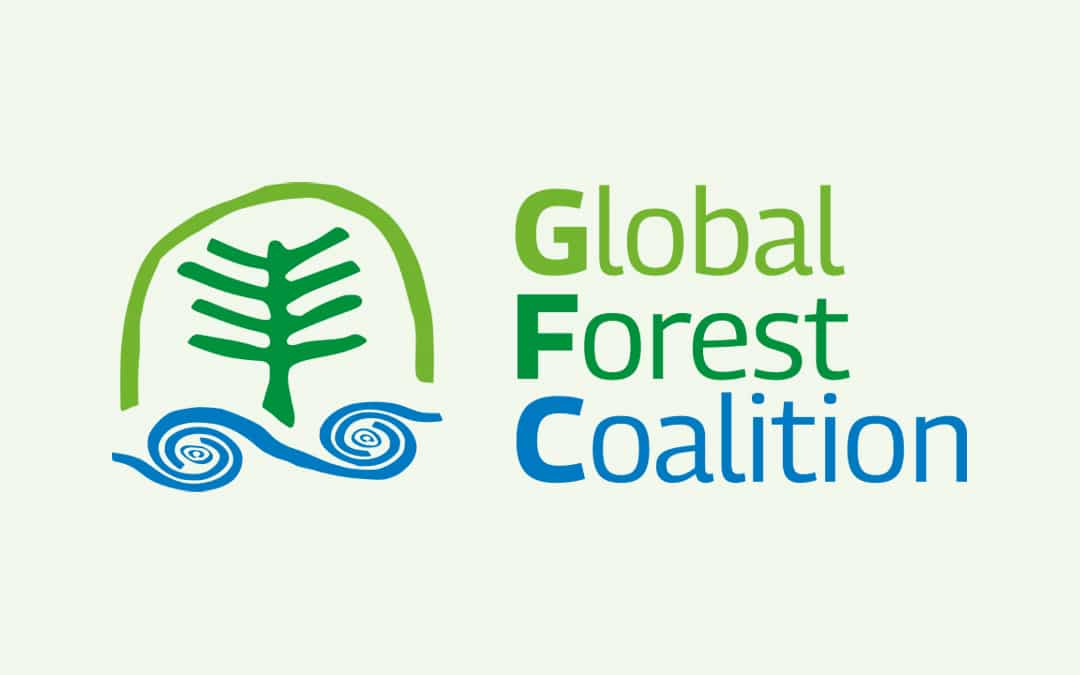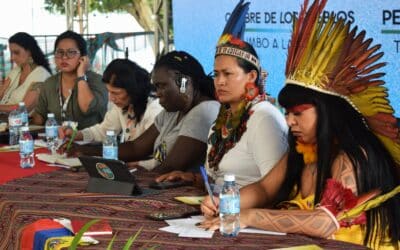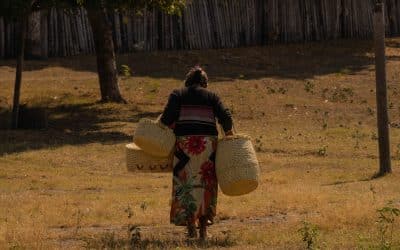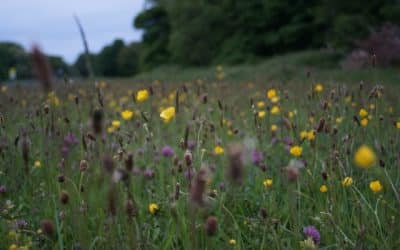By: Miguel Lovera
Ever since I read the masterpiece by Jan Ziegler “La Suisse Lave Plus Blanc” (“Swiss Whitewash”) in the early ‘90’s, I started to suspect that there was more than banking in that country. Besides the friendly and compassionate Swiss people, there are world-class corporations of that origin that adhere to the same exploitative philosophy than the banks that Ziegler so genially described in his books.
Recently, last April 24 and 25, I was invited to give a talk on my views about the “agribusiness” model at the University of Basel, on a seminar co-organized with Multi Watch, a coalition of NGO’s and other civil society organizations such as the federation of trade unions of the country. It was clear that many more people in Switzerland understood what Ziegler described in his book and the mistrust towards the companies based there is very deep.
The organizers were really concerned, better say, offended by the fact that the City of Basel decided to take Syngenta as a companion at the Milan World Trade Fair, being held in that Italian city at this moment. Many people reject that alliance as Syngenta, the world’s second largest “agro-toxics” manufacturer and a leading producer of transgenic seeds, has never really engaged in contributing to solve people’s access to food problems, but, instead, it always profiteered with the selling toxic chemicals which pollute the planet and make people ill.
A case that depicts the abusiveness nature of the company was presented by local activists and a county council member of the island of Kauai in Hawaii. Syngenta there has a testing facility where they conduct open-air trails of all sorts of old and new pesticides, with the consequences we all know, namely, environmental degradation, contamination of water and soils, health problems and, even, raising cancer cases. They told the audience of their efforts to come to an agreement with Syngenta to curtail its wholesale spraying of banned pesticides on their island, and that the company iteratively rejected. After that, they promoted a county law to regulate the field trials and, for that, Syngenta sued them on a federal court and they are now subjugated to the company’s whims. No wonder the Basler doesn’t want to be associated with a company like that.
The case of workers of Syngenta’s Pakistan plant was also exposed. There, the company sacked a large group of employees. These took Syngenta to court and won. Syngenta, however, reincorporated them but refused to rehired the leaders of the company’s trade union, despite the court’s ruling. This shows the nature of the company, not precisely a compassionate, law-abiding entity, but, rather, a mafia-like outfit.
I was asked if we in South America and in Paraguay feel the influence of that company, to which I answered that all the Planet does feel the toxic presence of Syngenta’s products, mainly, through the broad use of Paraquat, a highly toxic herbicide used fifty years ago and now prohibited in Europe but broadly used on soy crops. Only in Paraguay, some 8 million liters of Paraquat are sprayed every crop cycle. I also told them that Syngenta should desist from selling its genetically engineered maize varieties, specially because they are not needed, as Paraguay has 11 maize races and hundreds of cultivars.
From the audience someone asked me “what do you suggest to do against agribusiness and these companies who embezzle whole countries? My answer was “continue opposing them here and supporting peoples’ resistance in the south. They know what needs to be done and are sovereign in their territories. Many are conducting their own resilience assessments in the territories they conserve and have seeds and knowledge to face up the external assaults. They need your solidarity.
Dr Miguel Lovera is an agronomist who dedicated his professional career to the conservation of agrobiodiversity and the conservation of forests with Indigenous Peoples and local communities. During the Government of President Lugo (2008 – 2012) he was appointed National Climate Change Advisor and he headed the national phytosanitary and seeds agency of Paraguay (SENAVE by its acronym in Spanish). Currently, he continues working on community rights, seed and forest conservation at the national and international level.




